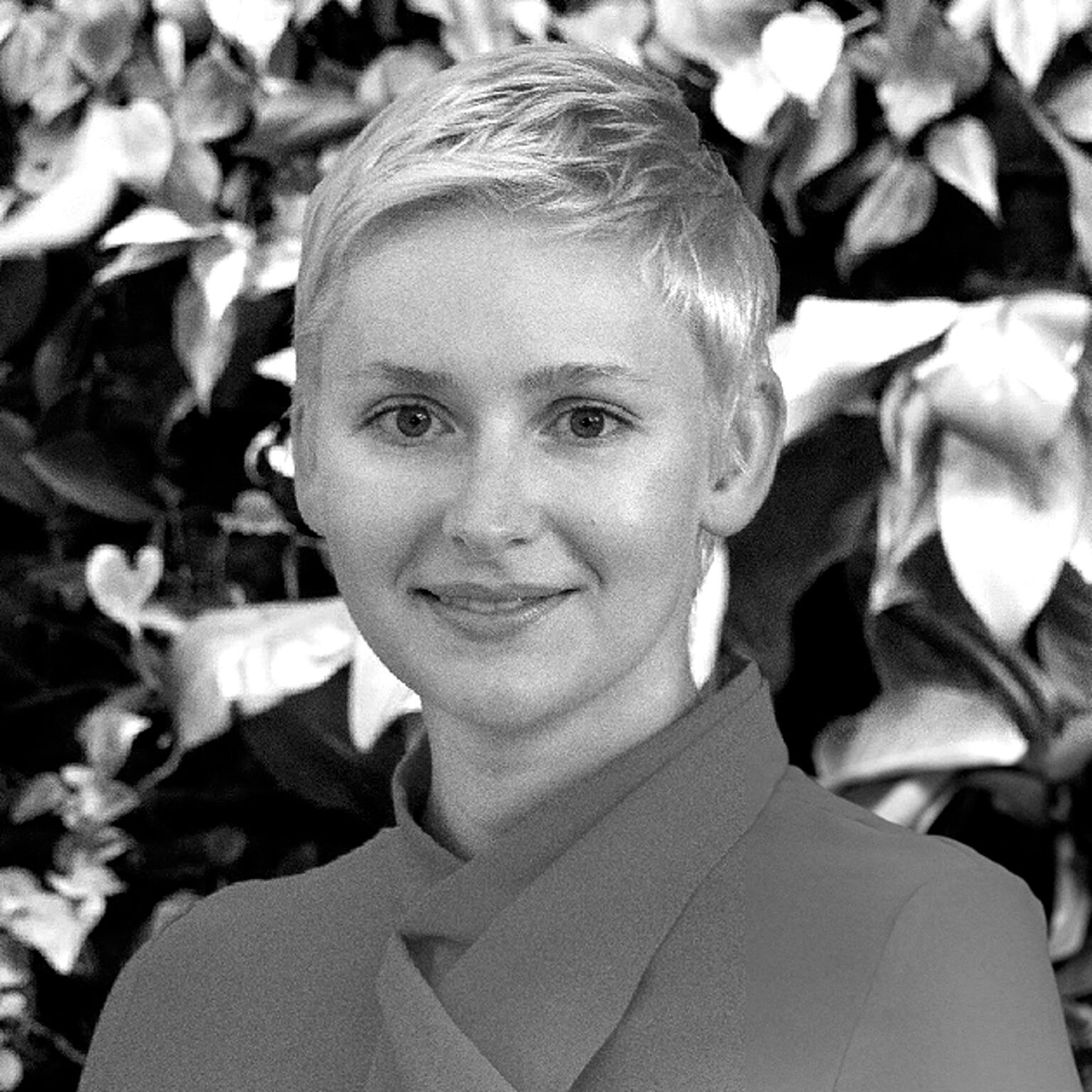Concentration in
Nature-Culture-Sustainability Studies








Undergraduate Concentration
During the 2014-15 academic year RISD introduced a new interdisciplinary concentration in Nature–Culture-Sustainability Studies. Built on a popular pilot program, the 21-credit NCSS concentration invites undergraduate students to shape individualized courses of study that bring liberal arts and studio learning together in an art and design context around shared environmental topics and concerns. Through the concentration, students are focusing on biomimicry, emerging technologies, global warming, hybridity and sustainability, among other options.
The Nature-Culture-Sustainability Studies Concentration (NCSS) is a 21- credit concentration that allows RISD students to construct a pathway for undergraduate environmental education working across liberal arts and the studio departments. NCSS is housed in and administered by the Division of Liberal Arts and is an all-college interdisciplinary undergraduate concentration. The concentration allows students to create their own pathway of study drawn from the fields of: sustainable design, the environmental sciences and social sciences, the environmental humanities, social and environmental justice studies, and the fine arts. Courses that can earn NCSS credit and are open to NCSS concentrators are identified as such in the RISD Course Catalog with the NCSS course tag. Students will also complete a 3-credit core course in Nature-Culture-Sustainability Studies – The NCSS Core Seminar.
Typically, concentrators meet or communicate with their concentration coordinator once or twice a year to discuss course options and to update their records. NCSS concentrators may pre-register for a select range of Liberal Arts courses that are identified in the RISD Course Catalog with the NCSS course tag. Concentration coordinators will contact all concentrators with the relevant instructions shortly before the official registration period. This pre-registration option is available in fall and spring only.
Concentration Learning Outcomes
NCSS program objectives are designed to emphasize the concentration’s inherent interdisciplinarity and its efforts to bring liberal arts and studio learning together in an art and design context around shared environmental topics and concerns. The learning and making objectives of the NCSS concentration are to enable students to:
– Identify Nature-Culture-Sustainability Studies as an inherently interdisciplinary pursuit by synthesizing knowledge from the humanities, sciences, social sciences and art and design to analyze a variety of environmental challenges.
– Apply this interdisciplinary knowledge to their studio practices in order to develop and create innovative art- and design-based responses to complex environmental challenges.
– Explain, analyze, and critically evaluate a diversity of theoretical frameworks, methodologies, and making practices – and their intersections.
– Describe and apply key concepts and debates underlying theories of sustainability.
– Formulate a critical understanding of and be able to communicate the ways aesthetics, objects, systems, and language interact with culture, power relations, and institutions to shape our perceptions of and relationships with the natural and built world.
– Demonstrate an ability to assess the ethical implications of the theories and methodologies discussed and identify, evaluate, and articulate their own socio-ecological identity and positionality within them.
Curriculum Requirements
The NCSS concentration can be completed within a 4- or 5-year degree program. To complete this interdisciplinary undergraduate concentration in Nature-Culture-Sustainability Studies (NCSS), students will complete a minimum of 21 credit hours of relevant coursework.
Students will also complete a 3-credit core course in Nature-Culture-Sustainability Studies – The NCSS Core Seminar. This course will receive credit as a non-major studio elective cross-listed in the Divisions of Liberal Arts, Fine Arts, Architecture and Design. Students may distribute their remaining credits for the concentration according to their individual needs and creative passions.
Brown classes may qualify for NCSS credit. Concentrators may petition for inclusion of these classes by submitting a request to the concentration coordinator that includes the course description and other relevant information.
NOTE:
⟩⟩ RISD students will be able to ‘double count’ up to 9 credits of courses they have taken in their major as NCSS courses as long as such courses are identified as fulfilling NCSS requirements;
⟩⟩ Students must receive a B- or above for any RISD course they wish to count toward the NCSS concentration;
⟩⟩ NCSS concentrators will be able to transfer a maximum of 6 credits from other universities to fulfill their NCSS concentration requirements; all these courses must receive at least a B-, or in the case of universities where letter grades are not issued, a passing grade;
⟩⟩ All 4-credit courses from other universities will transfer into this concentration as 3-credit courses;
⟩⟩ Discretion regarding whether courses from other universities meet the standards for an NCSS course rests with the NCSS concentration co-coordinators;
⟩⟩ RISD students will be able to petition their NCSS coordinator to request consideration for NCSS credit for work completed in courses that are not designated NCSS courses. Students need to demonstrate and document to the satisfaction of the NCSS coordinator that their work is substantively informed by the themes of the concentration.
Declare NCSS Concentration
In order to declare your intention to concentrate in Nature–Culture–Sustainability Studies, please complete the appropriate form based on your student status (first year/sophomore vs. junior/senior) and submit it to the NCSS Coordinator. Copies will be sent to the Registrar and the head of your major department. There is no penalty for withdrawing from the Concentration.
FIRST YEAR + SOPHOMORES
JUNIORS + SENIORS



